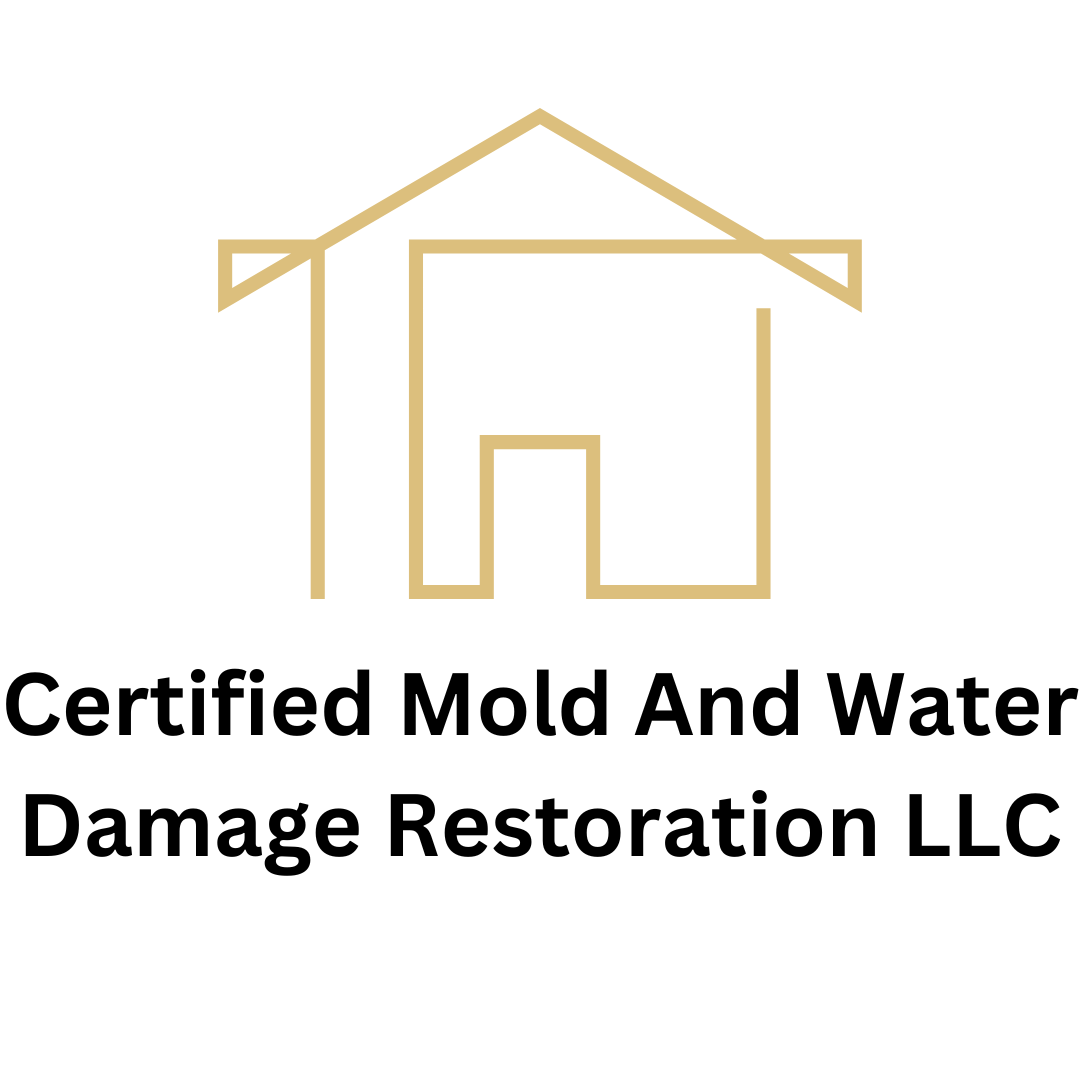What do I do if my pipes burst?
If you have a burst pipe, turn off the water at the main shut-off valve as quickly as possible. If the valve is not accessible, find and close the lowest valve in the house. This will help minimize the damage caused by the water.
Once you have stopped the water flow, call a plumber to come and fix the damage depending on where and how your pipes burst; replacing sections of pipe or even the entire system may be necessary. Repairing a burst pipe can be expensive, so it’s essential to take steps to prevent them from happening in the first place.
Some things that can cause pipes to burst include:
Freezing temperatures: When water freezes, it expands and can cause pipes to burst. This is the most common type of burst pipe, and it happens most frequently during the winter months.
Water Pressure: If your water pressure increases significantly, it can put too much stress on your home’s piping system. This is especially common in older homes that don’t have a modern method for detecting and regulating water pressure.
Loose Pipe Joints: Over time, the constant heating and cooling of metal pipe joints can loosen them to the point that they crack or break apart. This often happens with galvanized steel pipes used as main supply lines throughout homes and businesses.
Shifting Soil: When your property settles or moves over time, this puts extra stress on underground plumbing systems and may eventually cause pipes to burst.
Misaligned Drainage: If your home’s drainage system is not adequately sloped or aligned with the surrounding earth, it can cause water to back up in pipes and lead to a burst. Tree Roots – Over time, tree roots growing nearby can make their way into cracks in underground pipes. As they grow larger, they exert enough pressure on the line walls that they crack and break apart or push through where two sections meet.
Flooding: Most people think of flooding as an external problem that causes damage to siding and furniture inside homes. Still, if you’re unlucky enough to be caught in a flood during freezing weather, this poses an additional risk for indoor plumbing systems. Standing water left behind by a flood can freeze and cause pipes to burst.
The best way to avoid these problems is to be proactive about maintenance and inspection. Prevention is always cheaper and more accessible than dealing with a burst pipe! If you’re not sure how to check your lines for damage or signs of wear, call a professional plumber for help. They will inspect your system and make any necessary repairs before a problem occurs.

Recent Comments